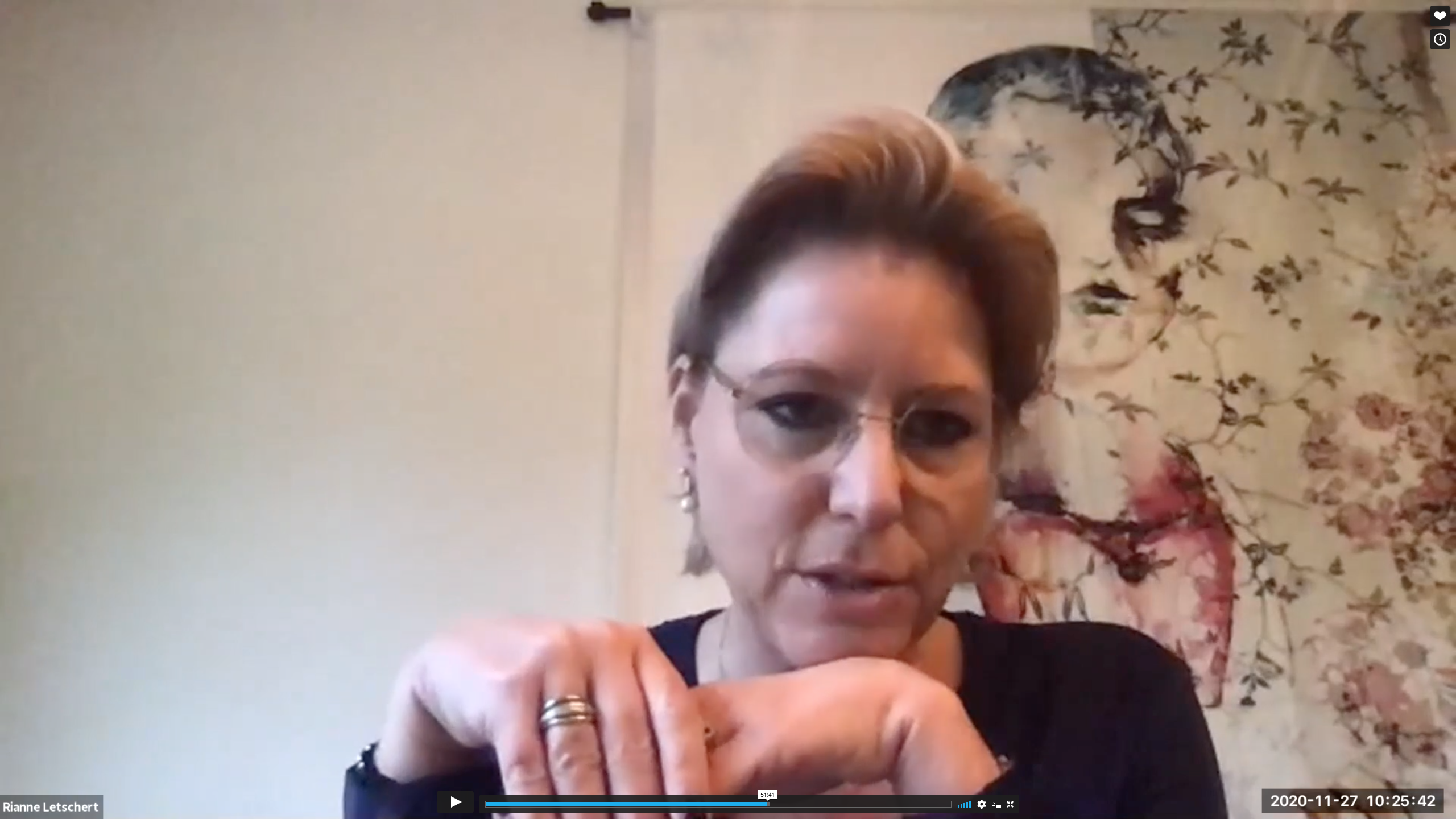2020 webinars
Following the postponement of the face-to-face meeting in 2020, two webinars have been organised to bring the community together in late November 2020. The first webinar focused on institutional change to the reward of teaching, while the second webinar looked at collective or national changes that bring together a group of universities. Further information, including recordings of the webinars, is given below.
Webinar 1: Institutional change
Held on 23rd November 2020, this webinar focused on the challenges and opportunities associated with institution-wide change to university career pathways and systems of rewarding teaching. Slides from each of the presenters and a link to the webinar blog is given in the links below.
Webinar 2: National change
Held on 27th November 2020, this webinar explored the progress made in collaborative, country-wide changes to university reward systems and the challenges and opportunities associated with national reform. Slides from each of the presenters and a link to the webinar blog is given in the links below.
Webinar 1: Institutional change
23rd November 2020, 9:30–11:00am Central European Time
The webinar focused on the challenges and opportunities associated with institution-wide change to university career pathways and systems of rewarding teaching. Hosted by Jeroen Geurts and moderated by Ruth Graham, the webinar opened with short presentations from three sets of speakers who are each engaged in well-regarded programs of systemic change to academic career pathways and the reward of university teaching. Key themes highlighted by these speakers are outlined below:
- Joe Chicharo (University of Wollongong, Australia): In 2014/15, the University of Wollongong implemented the Academic Performance Framework: a root-and branch reform to the university’s academic career pathways which offered greater academic flexibility and a clear routes for career progression on the basis of excellence in teaching and learning. Joe outlined the features of this framework and described work currently underway to review its impact, embed a governance structure for its implementation and establish parity across career pathways.
- Manon Kluijtmans (Utrecht University, Netherlands): To support the successful implementation of the ongoing systemic reform to its academic career pathways (in line with other Dutch universities), Utrecht University is developing a number of mechanisms to inform and support career advancement on the basis of teaching and learning. In the context of the university’s findings from the Teaching Cultures Survey, Manon outlined the changes under development at Utrecht University, including the implementation of professional development programs in educational leadership, as well as in educational scholarship.
- Sam Smidt and Sasha Roseneil (UCL, UK): UCL implemented the Academic Careers Framework in 2018, which established new academic career pathways at the university where career progression is underpinned by the candidate’s impact in the domains of teaching, research, institutional citizenship and enterprise/external engagement. Sam and Sasha outlined UCL's new Framework and described the more recent adaptations made (implemented just last month) to establish parity between the education-focused career tracks and the established academic tracks.
The webinar was hosted in collaboration with the Dutch Recognition & Rewards network and the Comenius network, and closed with concluding comments from Jeroen Geurts, President of the Netherlands Organisation for Health Research and Development (ZonMw) and board member of the Dutch Research Council (NWO).
Webinar 2: Collective/national change
27th November 2020, 9:30–11:00am Central European Time
The webinar explored the progress made in collaborative, country-wide changes to university reward systems and the challenges and opportunities associated with national reform. It was moderated by Ruth Graham and opened with short presentations from three speakers who are each engaged in national, collaborative programs of change to academic career pathways and the reward of university teaching. Key themes highlighted by these speakers are outlined below along with their slides:
- Rianne Letschert (Maastricht University, Netherlands). All 13 Dutch research-led universities are engaged in a collaborative effort to design and adopt a common framework for academic career pathways across all institutions. The vision for this change, which incorporates a major focus on the reward of teaching and learning, is outlined in the position paper, Room for Everyone’s Talent. Rianne outlined the drivers and plans for change, the challenges faced and the next steps for this collaborative effort.
- Inger Askehave (Aalborg University, Denmark): Denmark is in the process of revising proposals for a new national framework for academic career pathways and the reward of teaching and learning, which are to be discussed by university leaders from all Danish universities in the coming months. Inger outlined the challenges and opportunities of developing a Framework that establishes a common, national approach while allowing universities the flexibility to adapt the model to their own institutional context.
- Mohd Saleh Jaafar (Former DG, Malaysian Ministry for Higher Education): The Malaysian government recently called for all universities to adopt a new unified framework for academic career pathways, entitled the Differentiated Career Pathways, which provided new routes for progression on the basis of teaching and learning. Salah outlined the Malaysian experience of developing this Framework and working with universities to roll it out across the country.
The webinar was hosted in collaboration with the Dutch Recognition & Rewards network and the Comenius network, and opened with a short welcome from Pieter Duisenberg, president of the Dutch Association of Universities in the Netherlands (VSNU).

